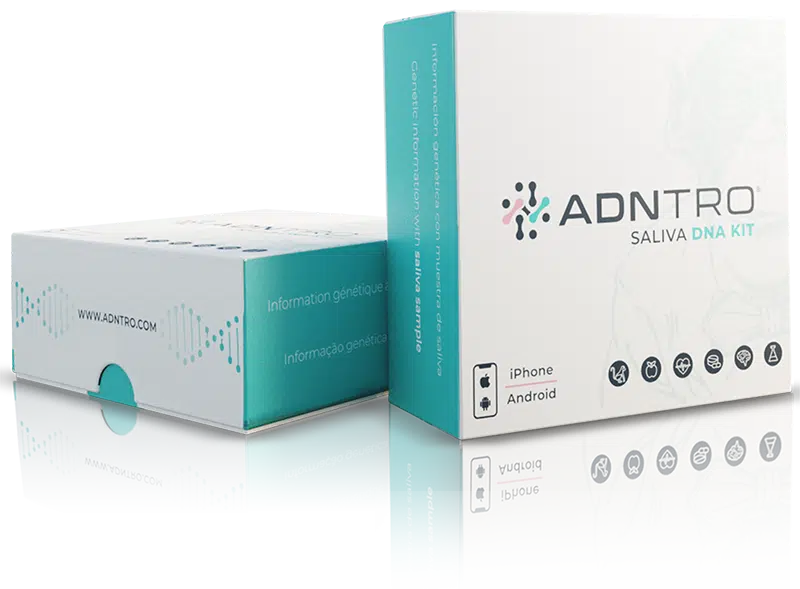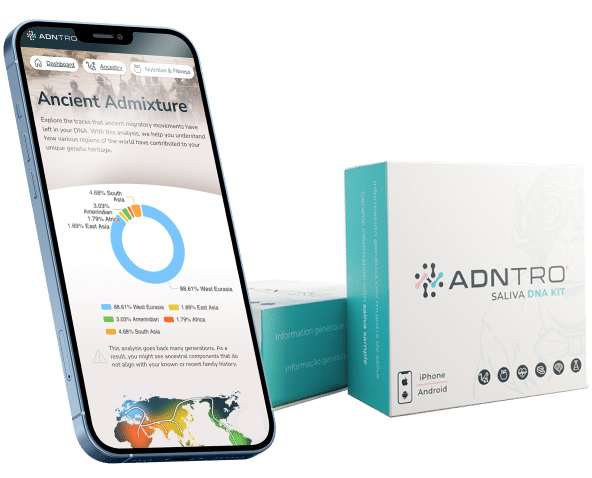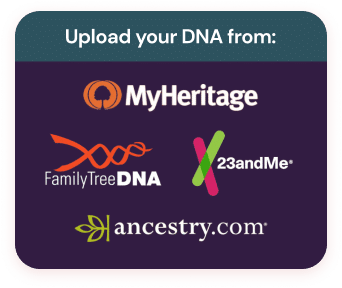The cholesterol is one of the most important and misunderstood molecules in our body. This waxy substance, present in every cell of the body, plays a fundamental role in multiple biological processes, from the formation of cell membranes to the synthesis of vital hormones. However, when levels become unbalanced, it can become a significant risk factor for cardiovascular health.
What is cholesterol and why is it so important?
Cholesterol is an essential lipid molecule. which our body produces naturally in the liver. Contrary to popular belief, cholesterol is not inherently bad; in fact, it is necessary for optimal functioning of the human body. The problem arises when levels rise above healthy ranges or when there is an imbalance between the different types of cholesterol.
The modern understanding of cholesterol has evolved significantly, and we now know that Specific genetic factors directly influence how our body produces, metabolizes and eliminates this substance. This genetic perspective has revolutionized the way we approach the prevention and treatment of cardiovascular disease.
HDL cholesterol: The "good cholesterol" and its genetic basis
The HDL cholesterol (high-density lipoprotein) is universally known as the "good cholesterol" due to its protective role in the cardiovascular system. Its main mission is to transport cholesterol from the peripheral tissues back to the liver, where it can be processed and eliminated from the body.
Mechanisms of HDL protection
HDL cholesterol exerts its protective effect through several sophisticated mechanisms. First, it acts as an "arterial scavenger," eliminating excess LDL cholesterol from the arterial walls and transporting it back to the liver. This process, known as reverse cholesterol transport, is crucial to prevent the formation of atherosclerotic plaques.
In addition, HDL particles possess anti-inflammatory and antioxidant properties that protect arteries from oxidative damage, a key factor in the development of cardiovascular disease. These functions are regulated by specific genetic variants in genes such as PABPC4, GALNT2, APOB, COBLL1, SLC39A8, ARL15 and TBL2.
An genetic test that includes a cholesterol section can reveal how your specific variants influence HDL production and function, allowing a personalized approach to optimize these levels.
LDL cholesterol: Understanding "bad cholesterol
The LDL cholesterol (low-density lipoprotein) has gained the reputation of being the "bad cholesterol" due to its role in the formation of arterial plaques when found in elevated levels. However, it is important to understand that LDL also has essential functions in the body.
The role of LDL in the body
LDL particles transport cholesterol from the liver to the tissues that need it. The problem arises when the levels of bad cholesterol are excessively elevated or when LDL particles undergo oxidative modifications that make them more prone to adhere to arterial walls.
Genetic research has identified variants in genes such as MACO1, PCSK9, DOCK7 and CELSR2 that significantly influence LDL levels. These variants can affect cholesterol synthesis, its transport or its elimination from the body, explaining why some people maintain healthy cholesterol levels with ease while others struggle with hypercholesterolemia despite maintaining healthy lifestyles.
An DNA test can provide valuable information about your genetic predisposition to develop elevated LDL levels and your likely response to different therapeutic interventions.
The cholesterol genetic test revolution
Advances in genomics have transformed our understanding of cholesterol metabolism. A cholesterol test provides a snapshot of your current levels, but a traditional genetic test as that of ADNTRO offers a deeper and more predictive view of your cardiovascular risk profile.
An DNA test including cholesterol analyzes specific variants in genes related to lipid metabolism. These analyses can reveal crucial information about your genetic predisposition to develop abnormal cholesterol levels, your likely response to dietary changes and your sensitivity to different medications.
Current technology makes it possible to analyze dozens of genetic variants associated with HDL cholesterol, LDL cholesterol and other lipid parameters. This information is integrated into sophisticated algorithms that calculate your personalized risk and provide recommendations specific to your unique genetic profile.
Explore your health and cholesterol easily with our DNA test:

PREMIUM DNA
- Health and prevention
- Origins and ancestry
- Nutrition
- Fitness
- Longevity and Skin
- Personality
- Pharmacogenetics
Atorvastatin and cholesterol
The atorvastatin represents one of the most prescribed drugs for cholesterol control and belongs to the statin family. This drug acts by inhibiting the HMG-CoA reductase enzyme, which plays a crucial role in cholesterol synthesis in the liver.
Mechanism of action of atorvastatin
The atorvastatin not only reduces the levels of cholesterol but also provides additional benefits for cardiovascular health. It stabilizes existing atherosclerotic plaques, reducing the risk of rupture that can lead to heart attacks or strokes. In addition, it exerts anti-inflammatory effects that contribute to overall cardiovascular protection.
Genetic variability in the response to atorvastatin
The efficacy of atorvastatin varies considerably among individuals due to genetic factors. Variants in genes encoding drug-metabolizing enzymes, cellular transporters and receptors can significantly influence drug response.
A genetic analysis can determine whether your body metabolizes atorvastatin efficiently, whether you are prone to experiencing side effects, or whether you might benefit from alternative doses. This information is invaluable for personalizing treatment and maximizing benefits while minimizing risks.
Remember: never start taking a medication without first consulting a health professional.
Prevention strategies and personalized management
Genetic information makes it possible to personalize prevention and treatment strategies. Some individuals with protective genetic variants can maintain healthy cholesterol levels with minimal dietary modifications, while others with a genetic predisposition may require more intensive interventions from an earlier age.
Lifestyle and genetic optimization
Personalized food
The nutrigenomics has shown that the response to different types of dietary fats varies according to the individual genetic profile. Some genetic variants are associated with increased sensitivity to saturated fats, while others confer relative protection.
A personalized approach may include specific recommendations on the intake of omega-3 fatty acids, soluble fiber and other nutrients that influence cholesterol metabolism based on your unique genetic profile.

Exercise and physical activity
The response to exercise in terms of lipid profile improvement also has a genetic component. Some people respond better to aerobic exercise to increase HDL cholesterol, while others may benefit more from resistance training.
Environmental factors
Although genetics provide the "blueprint" for your cholesterol metabolism, environmental factors can influence how these genes are expressed. Stress, sleep quality, exposure to toxins and other environmental factors can modulate gene expression and affect cholesterol levels.
The future of personalized cholesterol medicine
The integration of genetic information with other biomarkers is revolutionizing the approach to cholesterol and cardiovascular disease. Artificial intelligence algorithms are being developed to integrate genetic, clinical and lifestyle data to provide more accurate risk predictions and personalized treatment recommendations.
Pharmacogenomics continues to advance, with new drugs being developed for specific targets based on particular genetic variants. This promises a future where cholesterol treatment will be completely personalized to the individual genetic profile.














